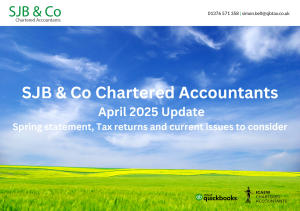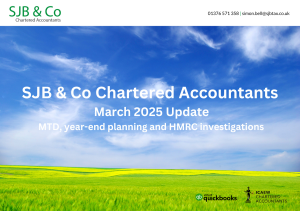Brexit and Covid combined have led to some unpleasant aftershocks for small businesses. These include staff shortages and also spiralling wage and raw material costs. This article will look at what this means for your small business.
What is actually happening?
There are several factors at play right now which are driving up most small businesses’ raw materials, stock and wages costs. These are:
- Brexit has meant a large proportion of the EU migrants who came over in the last 5-10 years have now returned to their home countries. For example, the demand for construction workers is nearly at a 20-year high, according to the Office for National Statistics. The fall in employment levels is due to a 4% fall in UK-born workers and a 42% fall in EU workers.
- Shipping companies and suppliers of raw materials and goods are now passing on the costs of increased administration to ship stuff between the UK and Europe.
- There is a shortage of building materials caused by increased building and home improvement activity in 2020. This has been compounded by the lockdowns reducing the output from the factories.
- The Covid-related restrictions on travel and requirements to self-isolate have resulted in many manufacturers not being able to run at full capacity. This is leading to a shortage of key materials and items.
- The shortage of building materials and demand outstripping labour supply has meant that wages in the construction materials factories have had to rise significantly. These costs are now being passed onto the trades, manufacturers and construction companies.
- It is taking longer for raw materials and goods to get into the UK. 60% of imported materials used in UK construction projects comes from the EU according to CLC. Brexit has negatively affected the time it takes to get goods and raw materials into the UK.
What is the risk to your business?
- Your pricing may not factor in the increased labour costs and material costs. If you haven’t reviewed your current and future cost base, now is the time to do this.
- Between agreeing on a price for a job with a customer and carrying out the work, your raw material and labour costs may increase significantly. The likelihood is that labour costs will not reduce in the short- or medium-term. Your business could then make a loss on the work, through no fault of your own. If you are concerned about this then come and talk to us. We can help you think through your pricing going forward so you are profitable regardless of what happens with your cost base.
- The increased costs of raw materials mean you may not now be able to afford to buy in bulk. This will hit your cost of sales.
- Your credit limits with suppliers are unlikely to have changed, but the cost of your orders may have gone up significantly. This means to make your normal order size, say for door handles, you need to utilise your own cash as your credit limit is no longer sufficient. This means your own cash is tied up for longer with your stock and may cause your business significant cash flow issues. Particularly if the shortage of labour and lengthening shipping times means it takes longer to build and fulfil your customer’s orders.
What can you do about the risk to your business through rising costs?
No one has a crystal ball and can predict the future. With that being said, however, these actions or strategies may help you going forward:
- Fix your cost prices at the time you commit to a price with a customer. I.e. get assurances or, better still, a written contract from your suppliers guaranteeing the price at the time you need the materials or stock.
- Look to see whether you can source more of your raw materials or stock from UK-based suppliers. This may not solve all your problems, but it does get around the supply chain delays and costs at the EU/UK borders.
- Speak to us about access to finance. The traditional banks are notorious for taking ages to approve an overdraft or loan. We can find you alternative lines of credit to keep your cash flowing as you navigate the next 3-6 months.
- Renegotiate some of your long-term contracts if they are no longer profitable or sustainable on the current terms.
- Look after your current staff well and start paying them the new market rates for their type of work.






